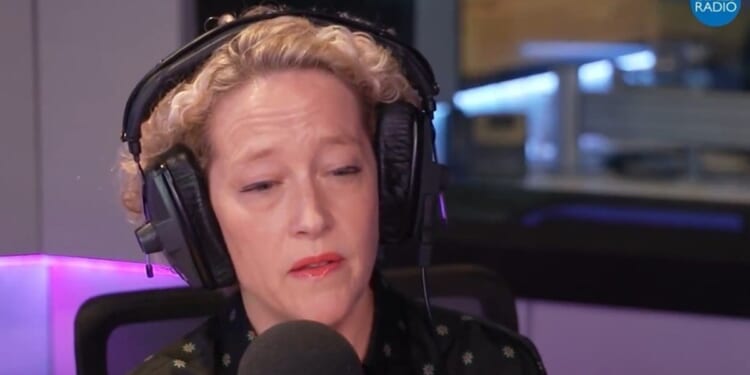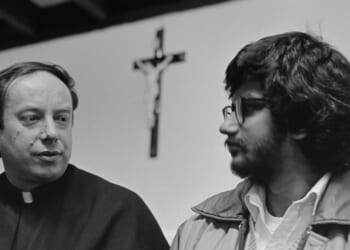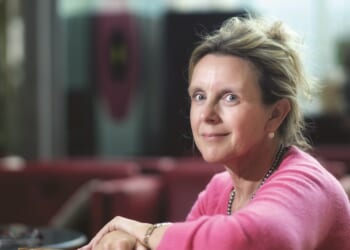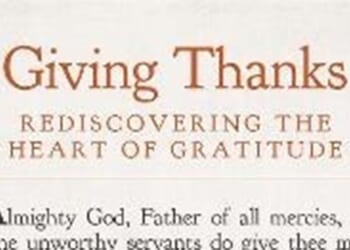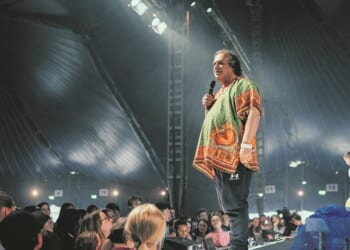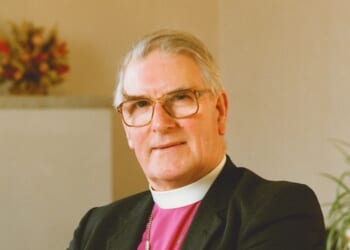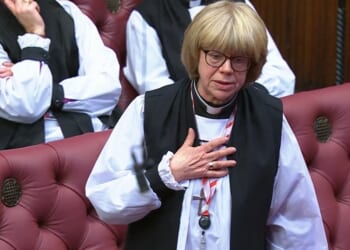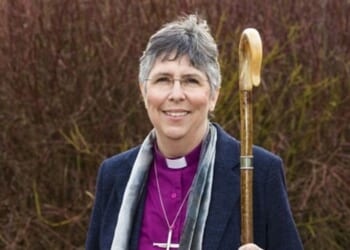CATHY NEWMAN is a committed feminist, but welcomed the world’s most senior female ecclesiastical appointment since Mary Magdalene with a fusillade of criticism interspersed throughout the three hours of Drive, on Times Radio, on Friday.
Given the central part that she played in exposing John Smyth’s crimes — a genuinely great moment in her journalistic career — Ms Newman is well connected among church-abuse survivors, and started her show by saying that several had got in touch to decry the appointment.
The Revd Robert Thompson, delegated to put the negative case, acknowledged that his diocesan bishop was a person of “immense gift and capacity” who had “risen to” the challenge of improving the previous state of safeguarding in her diocese — but then spent 20 minutes running her down.
One point was well-made: the scandalous maltreatment of Alan Griffin, driven to suicide by a safeguarding process started over unsubstantiated third-hand gossip (News, 23 July 2021). Beyond that, the centre of Fr Thompson’s complaint was that Bishop Mullally “does not have the capacity to stand up to large networks” whose treatment of LGBTQIA+ people was “inadequate”.
Well, we all know what that means, and, if Fr Thompson knows of any mechanism that would prevent conservative Evangelical parishes’ teaching that same-sex relationships are inherently sinful, I’d love him to tell me what it is, so that I could make use of it myself.
An hour later, the Revd Dr Ian Paul was, unusually, the voice of sweet moderation. He pushed back, with admiral clarity, against Ms Newman’s suggestion that Bishop Mullally’s appointment would provoke a split of “traditionalists”. He did a better job of explaining the sort of questions and checks about safeguarding which any shortlisted candidate would have faced than the Church’s official spokespeople have managed themselves.
A third hour, a third interview: Andrew Graystone relayed the anger of his friends among victims at the appointment before saying: “Nobody is saying for a moment that [Bishop Mullally] has done things in the safeguarding field that are wrong or should rule her out.” Well, indeed. Despite that comment, Ms Newman asked whether Bishop Mullally would even make it to her enthronement in March. “Oh, gosh, yes,” was Mr Graystone’s startled reply.
Ms Newman clearly has it in for the C of E, and has a powerful pulpit from which to criticise it, but all should note how poorly directed and misinformed many of her blows are.
It was left to William Crawley to supply the positivity on Sunday (Radio 4). Madeleine Davies, Canon Angela Tilby, and the Bishop of Manchester, Dr David Walker, chorused a prose Te Deum. Susie Leafe provided the negative counterpoint, but then she has left the Church of England.
Mr Crawley also observed, correctly, that it was not Bishop Mullally’s gender that might provoke anger in other parts of the Anglican world, but her cautious and limited support for same-sex relationships. Such are the benefits of specialist religious journalism.

